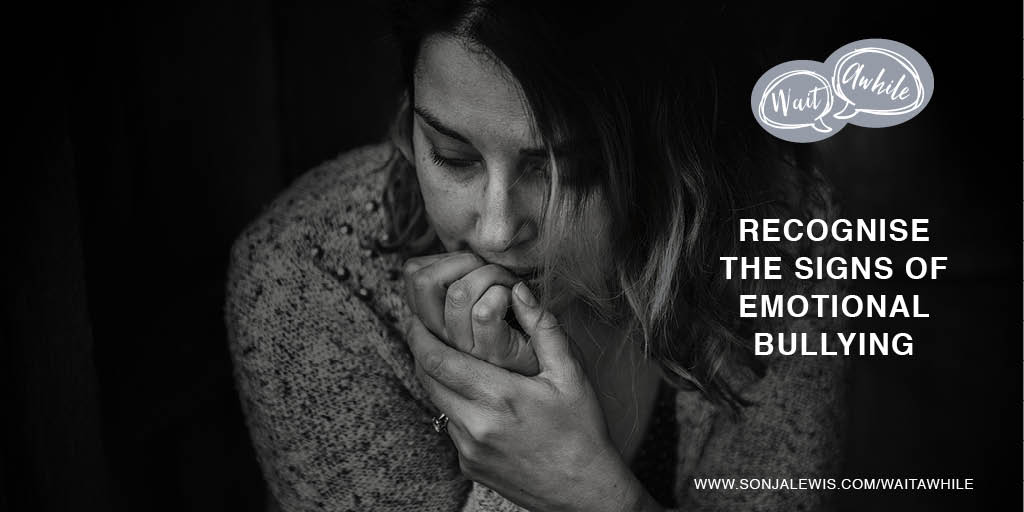New Podcast Series Coming In May
As we prepare for our third podcast series to launch in May, I find myself preparing show notes on some rather tough subjects, one of them emotional bullying, a topic that is as elusive as it is complex.
Unfortunately, emotional bullying is likely the most common form of bullying because it wears so many different hats. Think of verbal abuse, social exclusion, spreading gossip and rumours, telling lies, name calling, backstabbing, betrayal, etc.
Health Direct, a website of the Australian Government sums it up as one person maintaining power or control over another person. And though there are varying definitions that link bullying and abuse to relationships, the point is: bullying is destructive and damaging whether in an intimate close up relationship or a distant one.
A key theme about emotional bullying is that it is repetitive. And according to the Positive Parenting Center’s website, the older girls get the more prevalent it becomes in their lives.
Make no mistake about it, however, emotional bullying is not just a girl thing. It is something that can and does happen to any and everyone, regardless of background or age. It just so happens that some statistics in the US show that physical bullying drops off somewhat for girls as they get older and emotional bullying increases.
Sadly, bullying makes its way into adulthood all too often. I have far more memories of possibly being bullied in the workplace than I do at school. One of my first bosses was definitely an emotional bully, who attacked my work repeatedly and threatened to fire me, after I pointed out a clear matter of discrimination. A close friend had a similar experience, though the attack on her came out of nowhere, causing her to change the course of her career.
Both experiences had mental and emotional consequences but thankfully we both saw the problem for what it was and managed to put a stop to it, which isn’t always the case.
Thinking back to my school days, however, unless bullying got physical, it wasn’t always called what it was. That is the thing about emotional bullying; it is ambiguous and hard to stamp out for that very reason. It is without the physical bruises, but the scars are there, if only the target feels them.
I have hazy memories of a particular student emotionally bullying certain kids on the school bus. I did my best to avoid the person but because this person didn’t have the mythical hallmarks of a bully, there was no proof in the pudding that the taunting was taking place, even if the person only poked and prodded with words– threats and lies. And when all else failed, it was easy to spread rumours and gossip and forbid followers to hang out with the target.
In those days, help didn’t seem to be a stone’s throw away, though it likely was. Bullying wore a mask and in some ways still does. However, nowadays, the mask is being ripped away. The key is to recognise bullying for what it is and get help as soon as possible whether that means talking to a family member, close friend, teacher, someone you can trust.
And do check out past podcasts, all on our website, particularly On Dating Inside Out. Again, watch this space: our new series of UIO, the podcast for teen girls, is coming in May with a great line up of guests, including a Paralympic three-time medallist, a popular radio personality, and a media entrepreneur creating opportunities for teen girls.
